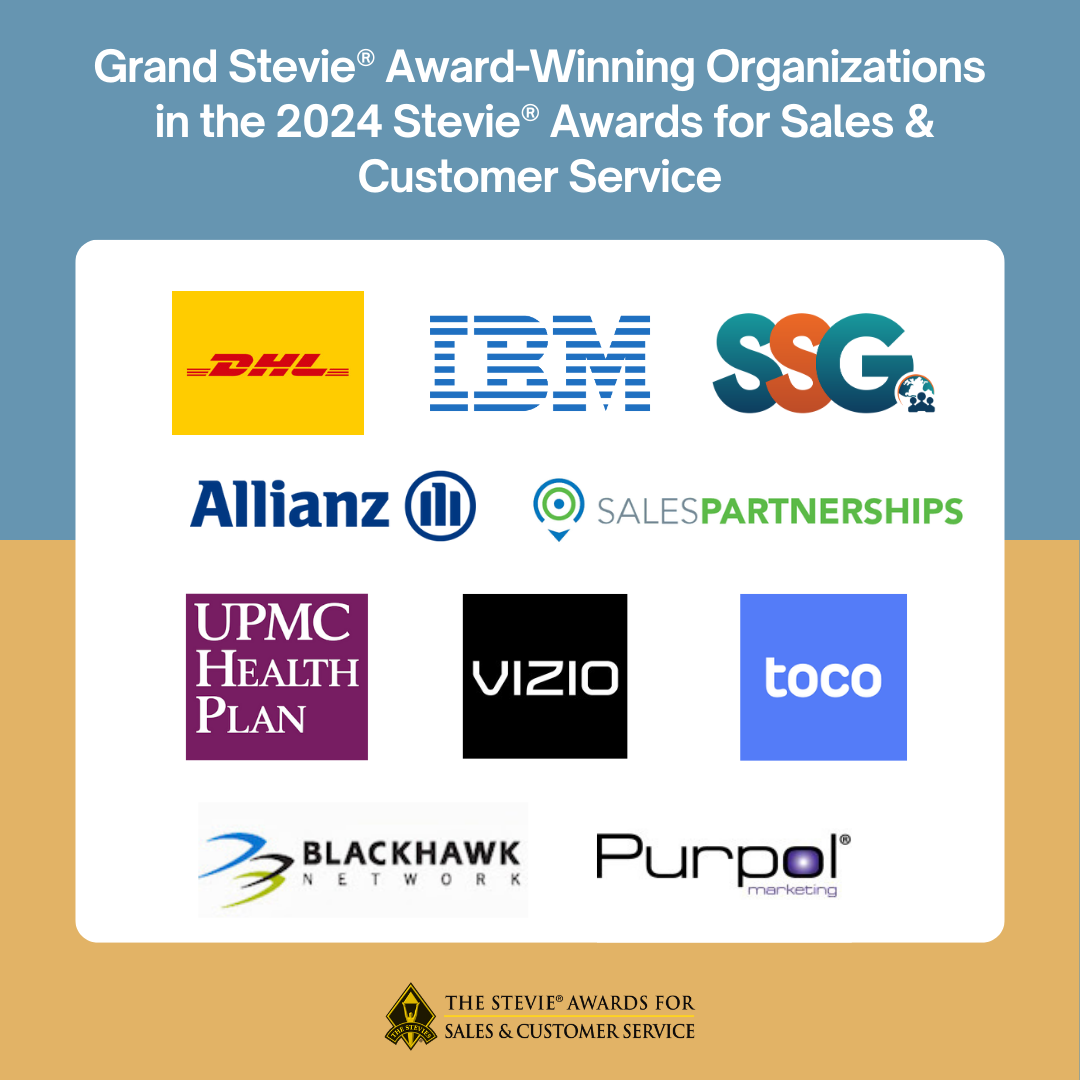Siri, the artificial intelligence assistant of Apple, is impressive. She is sassy, efficient, and articulate. She is also the result of thousands of hours put in by hundreds of people who are experts in language, machine learning, and software development. When you see the end results of some of the most extensive AI projects, it’s easy to believe AI is replacing humans, but that is far from true.
Harvard Business Review researched 1,500 companies that implemented AI to automate processes. They found that businesses only reap the true long-term benefits of AI when humans and machines work together; companies that deploy AI in the hopes of displacing employees only see short-term productivity gains.
Standing on the Shoulders of Humans AI is not a stand-alone product. It needs to be trained to perform tasks, educated about the outcomes, and regularly maintained and updated. Millions of people around the globe earn their livings by teaching AI to make diagnostic decisions, to identify images, to recognize speech, and more. Has a website ever asked you to prove you are human by choosing the images that contain a certain street sign? If you filled in one of these image captchas, you were, in a way, teaching Google’s AI to identify that street sign.
AI is not a stand-alone product. It needs to be trained to perform tasks, educated about the outcomes, and regularly maintained and updated. Millions of people around the globe earn their livings by teaching AI to make diagnostic decisions, to identify images, to recognize speech, and more. Has a website ever asked you to prove you are human by choosing the images that contain a certain street sign? If you filled in one of these image captchas, you were, in a way, teaching Google’s AI to identify that street sign.
Virtual support bots are one of the most common usages of AI today. One such example is Aida, a virtual assistant used by SEB, a bank headquartered in Stockholm, Sweden. Aida is trained to understand and to handle natural language conversations in order to answer customer queries. In about 30 percent of instances, the virtual system fails to resolve the issue, and it passes on the call to a human customer experience (CX) rep. It then monitors this human interaction and learns from it.
Complementing Each Other
What comes naturally to humans (reading complex facial expressions, creating art, making jokes, understanding implied meanings, and more) is not easy for machines. What’s easy for machines (such as crunching tons of data and doing repetitive tasks for months on end, for example) is practically impossible for people to accomplish. Through smartly executed collaboration, AI and humans can complement their respective skill sets to help businesses scale faster and better.
These things are no secret, of course. More instances of human experts powering AI are now seen worldwide. Directly, a support automation company based in San Francisco, California, United States, is one example. The company helps enterprises launch and train virtual agents. Their platform has human experts from all walks of life training CX AI agents for numerous enterprise companies, including Microsoft, SAP, LinkedIn, and Samsung. The human experts feed training phrases and intent to the company’s support AI, create authentic content the AI can use to automatically answer queries, and provide live assistance when needed.
“When the expertise of human workers is systemically injected into the AI system, AI becomes more accurate and paves the way for continued coexistence,” says Antony Brydon, co-founder and VP of Platform at Directly. “Since AI will rely on the expertise of human workers to be successful, there’s no danger of people training themselves out of jobs because the AI systems need constant maintenance. And because the more input from domain experts an AI receives, the better it becomes, the demand for workers to train AI will only grow.”
Directly won the Bronze Stevie® Award in the Artificial Intelligence/Machine Learning Solution subcategory of the Product Management & New Product Awards category at The 2019 and 2020 American Business Awards® .
Interested in entering The American Business Awards?














